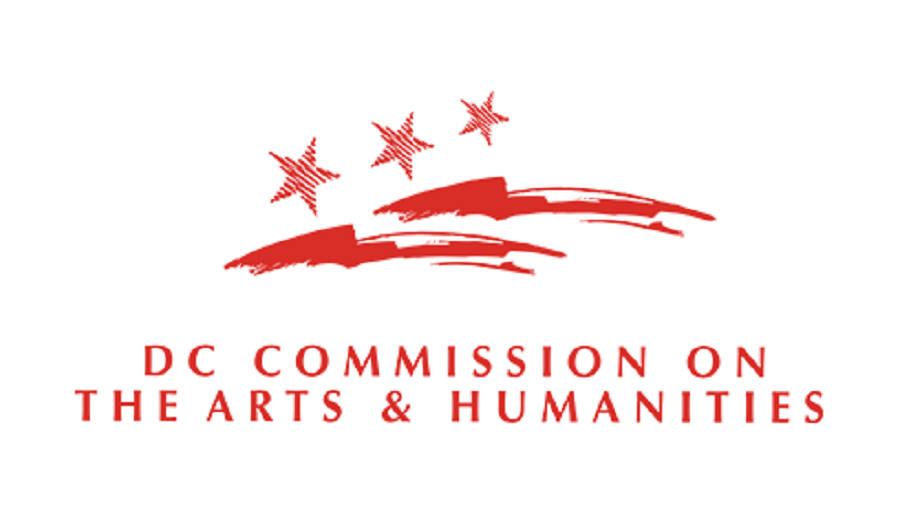WASHINGTON, D.C.: In its last legislative meeting in June, the Council of the District of Columbia approved a sales tax to fund local professional theatre and the arts throughout D.C.
The tax was created because of the D.C. Commission on the Arts and Humanities Dedicated Funding Amendment Act of 2018, which dedicates a quarter of a percent of existing sales and use tax to the D.C. Commission on the Arts and Humanities. It is expected to benefit the entire District of Columbia and allow theatres to obtain matching grants that the commission will manage. D.C. sales tax rate was 5.75 percent and it will be raised to 6 percent.
Actors’ Equity played a role in pushing for this legislation to support arts funding. When council members Jack Evans, Mary Cheh, David Grosso, Brianne Nadeau, Brandon Todd, and Robert White introduced the amendment to establish the tax, local Equity members wrote hundreds of letters to D.C. council members urging them to create this legislation, and Actors’ Equity president Kate Shindle submitted testimony to the council on its behalf.

“Equity members are the heart and soul of theatrical productions that generate millions of dollars in economic activity in the District of Columbia,” Shindle said in a press release. “A strong cultural economy helps create a stronger economy for the whole city. This move will create good jobs and benefit everyone in the District of Columbia.”
Equity recently released a study that found that D.C. is a leader of regional theatre, as there are nearly 17 weeks of professional theatre produced in the city for each Equity member in the area. Outside of the U.S.’s major metropolitan theatre centers, New York, Los Angeles, and Chicago, only one city, Orlando, produces more professional theatre than D.C.
On a local level, it is also estimated that the arts in D.C. have generated a high economic value. According to a 2017 study by Americans for the Arts, more than $1.2 billion was generated by audiences attending D.C. performing arts events and another $1.6 billion created by the activities of its local arts organizations.
“We think the District of Columbia is a model for other cities that want to both support the arts and create new jobs,” Equity’s Washington/D.C./Baltimore Liaison Committee chair Roy Gross said in a press release. “Having this dedicated funding stream will enable theatres to apply for multi-year matching grants which will further boost arts funding and benefit the arts and those who make their living on the stage and behind it, and for all those who work at bars, restaurants, parking garages, and other businesses near theatres.”
This new tax is projected to create $30 million in funding per year to support local theatre and the arts.


